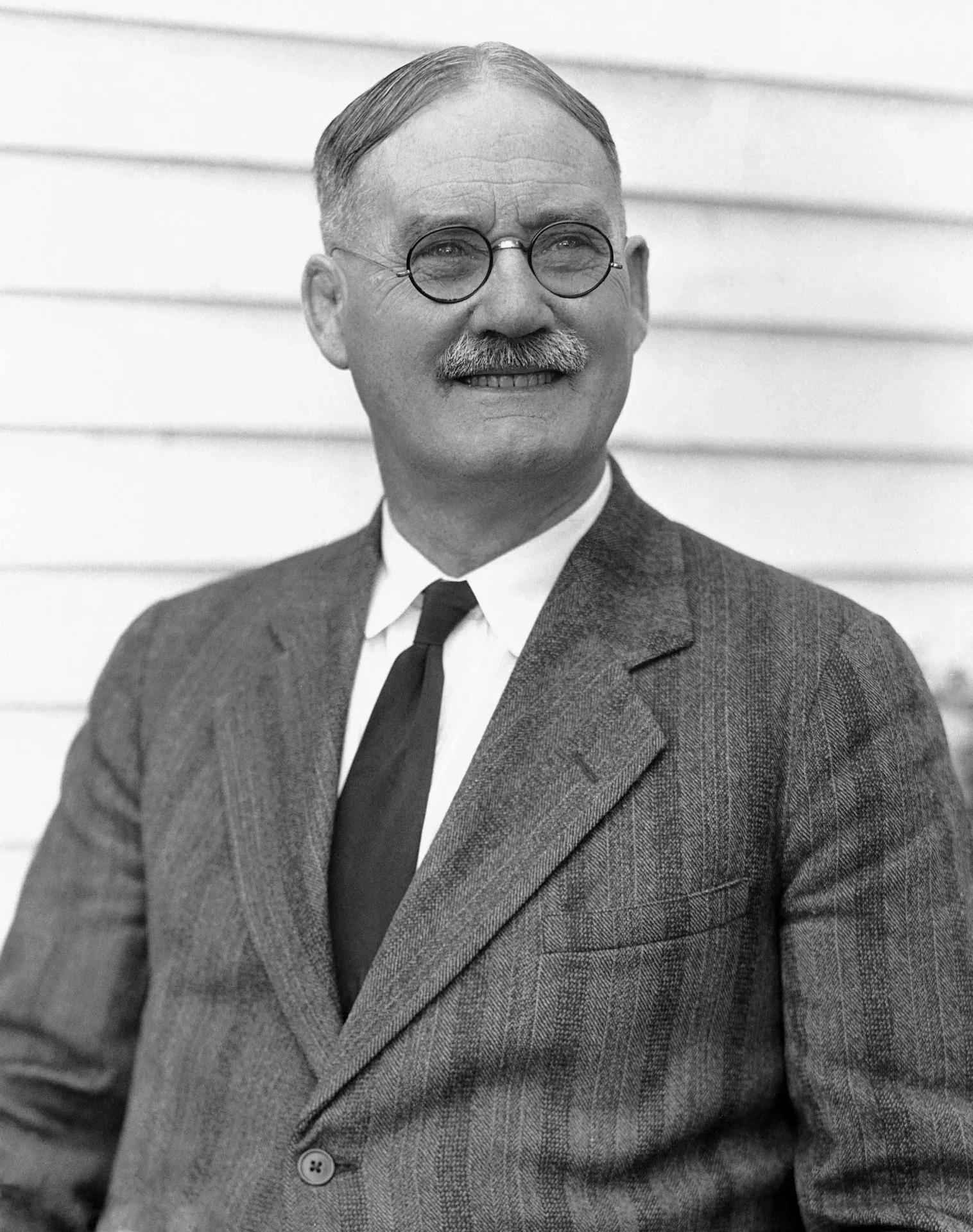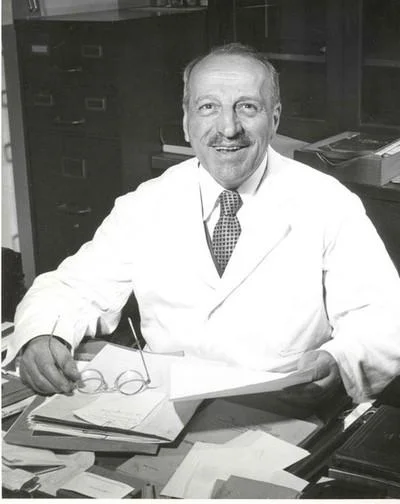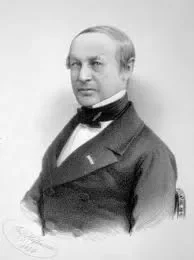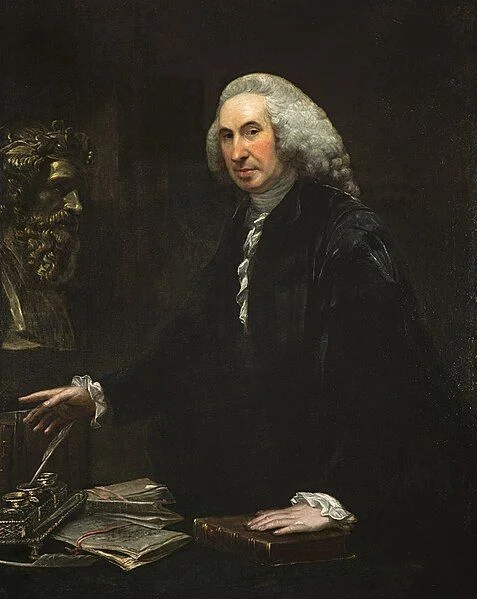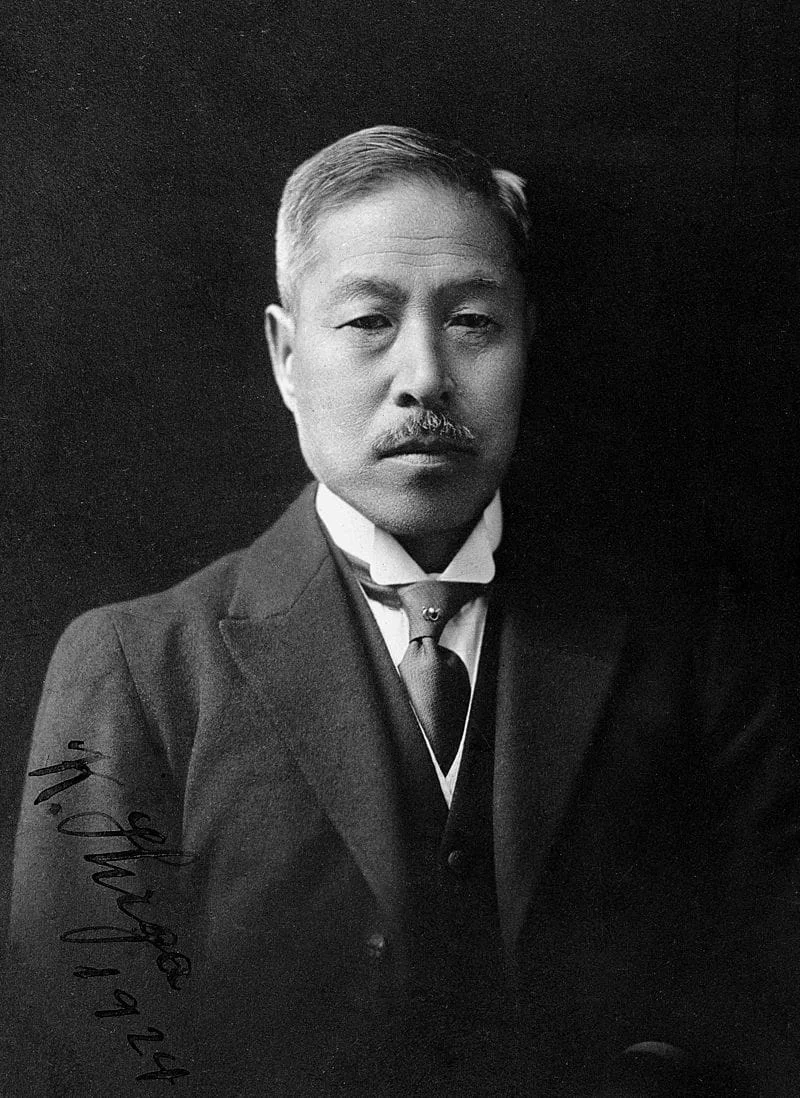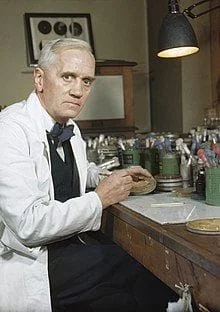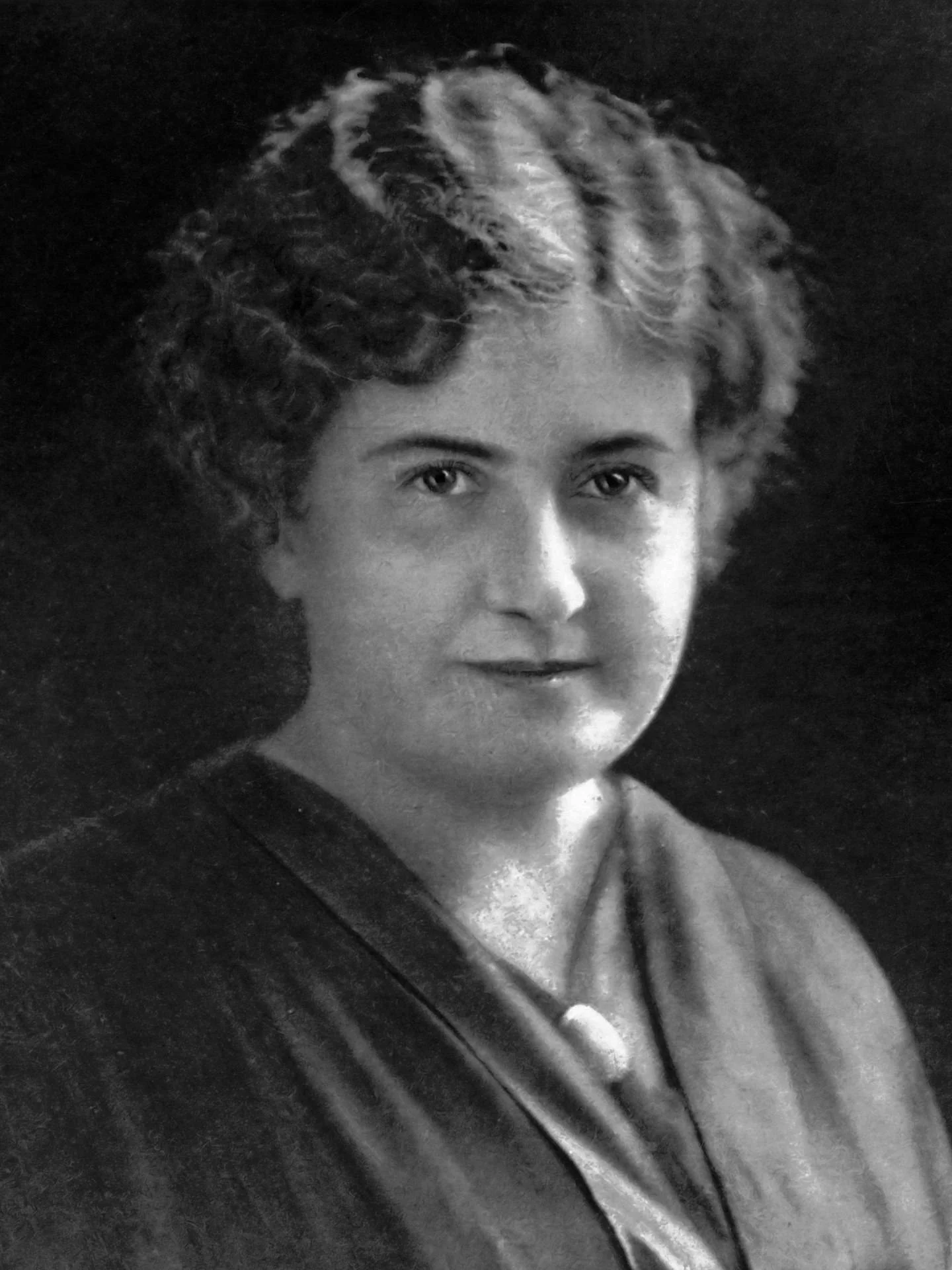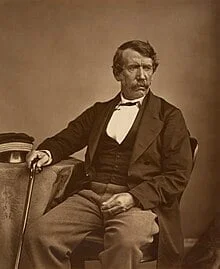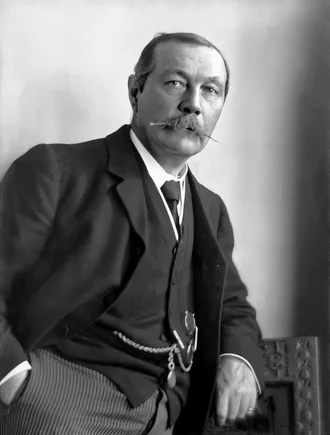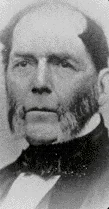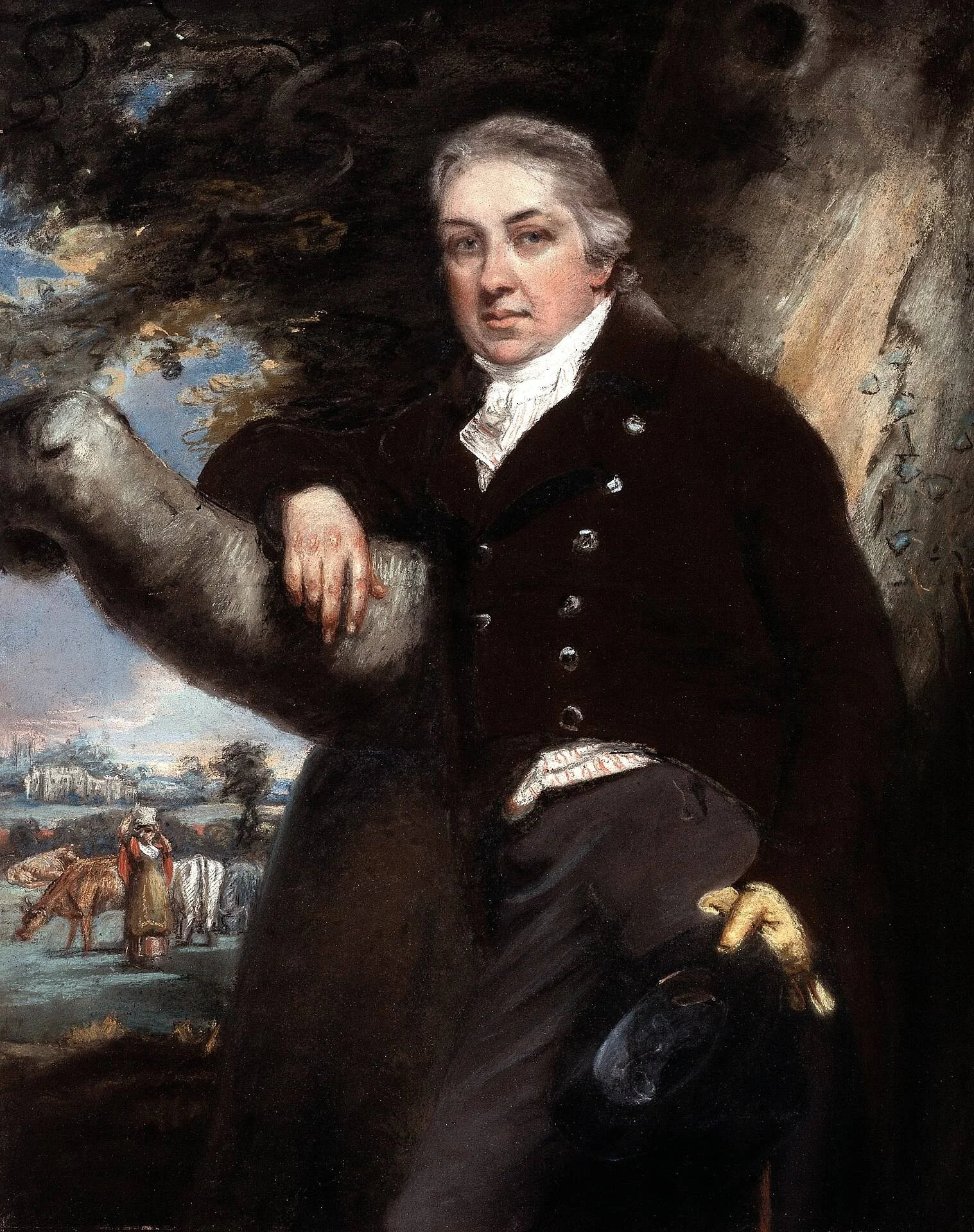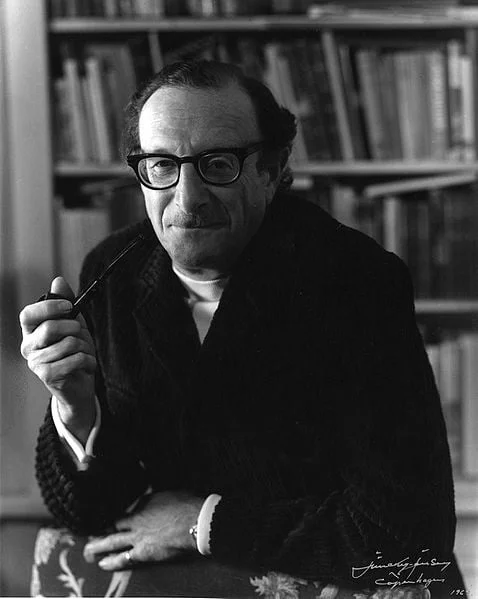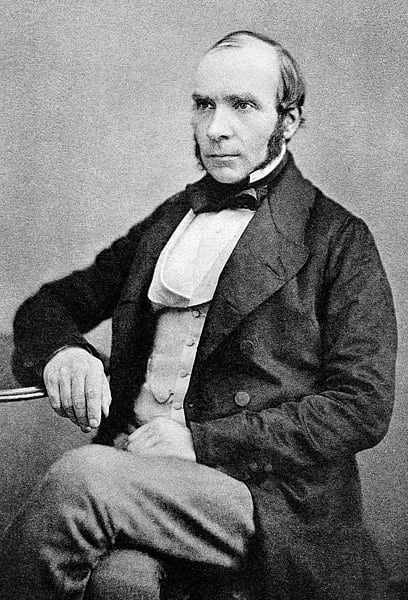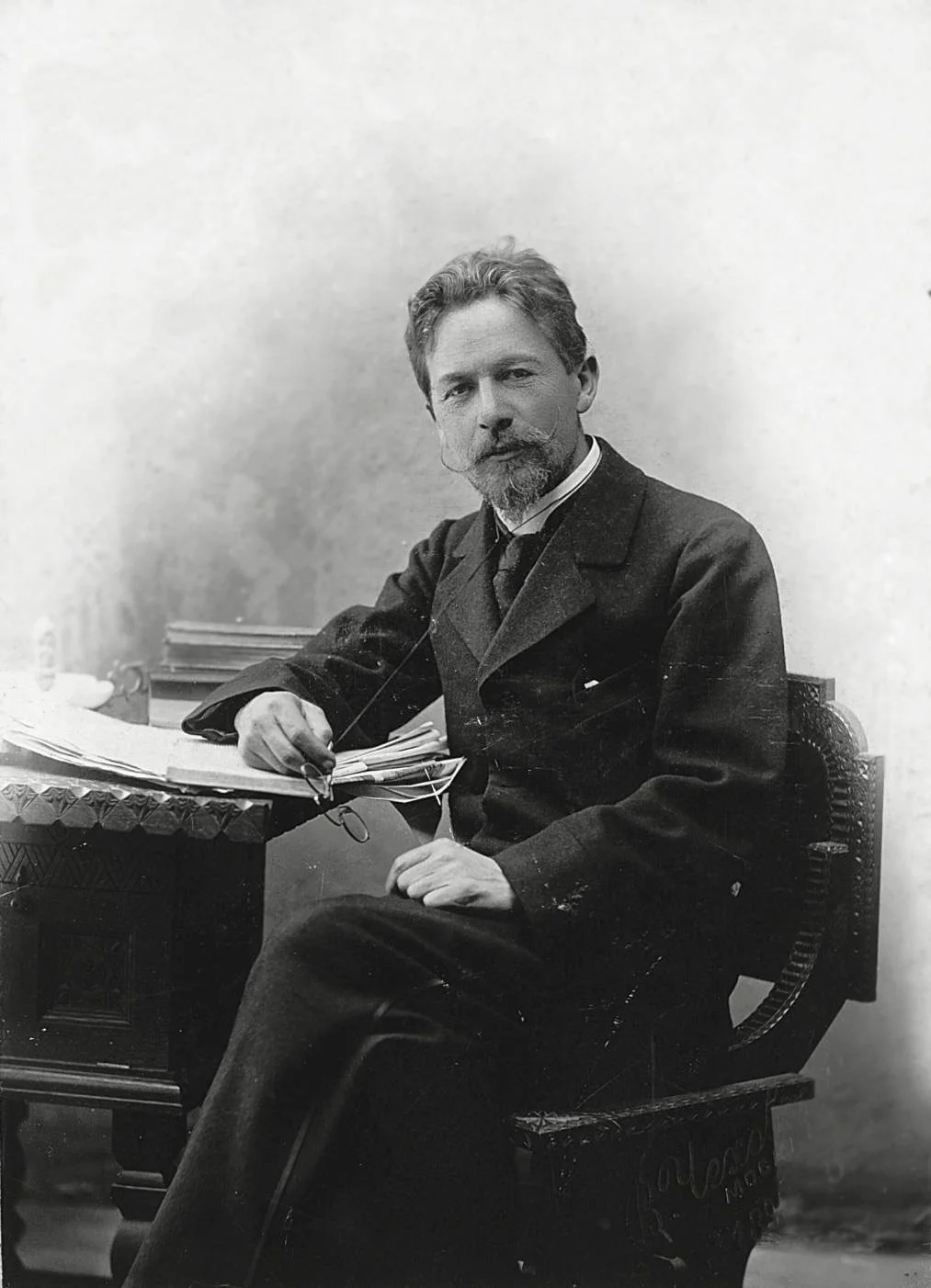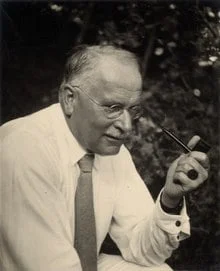Real Celebrities Never Die!
OR
Search For Past Celebrities Whose Birthday You Share
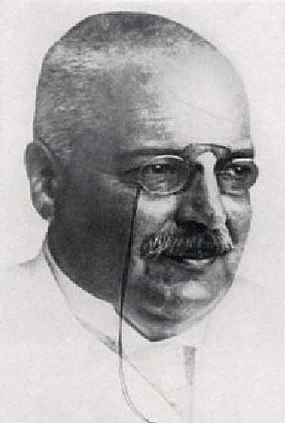
source:wikimedia.org
Alois Alzheimer
Birthday:
14 Jun, 1864
Date of Death:
19 Dec, 1915
Cause of death:
Heart failure
Nationality:
German
Famous As:
Physician
Age at the time of death:
51
Alois Alzheimer's Quote's
Early Life : A Brilliant Mind in the Making
Alois Alzheimer was a pioneer in the field of neurology, forever changing our understanding of dementia and neurodegenerative diseases. His discovery of the pathological changes in the brain associated with dementia led to the naming of Alzheimer’s disease, a condition that continues to impact millions worldwide. Though his life was relatively short, his contributions to medical science were profound and enduring.
Born on June 14, 1864, in the small Bavarian town of Marktbreit, Alois Alzheimer was the son of a notary. From an early age, he displayed a keen interest in science and medicine, a passion that guided his academic journey. He pursued medical studies at the University of Berlin, Tübingen, and Würzburg, earning his doctorate in 1887. His early medical career saw him take up a position as an assistant physician at the Hospital for the Mentally Ill and Epileptics in Frankfurt, where he would make groundbreaking discoveries.
Career : A Fateful Encounter
In Frankfurt, Alzheimer had the fortune of working alongside some of the most brilliant minds of his time, including renowned psychiatrist Emil Kraepelin. Recognizing Alzheimer’s immense potential, Kraepelin became his mentor and later invited him to join the University of Munich in 1903. It was during his time in Frankfurt, however, that Alzheimer encountered a patient who would change the course of medical history.
In 1901, a 51-year-old woman named Auguste Deter was admitted to the hospital, exhibiting severe memory loss, confusion, and emotional disturbances. Alzheimer closely studied her deteriorating condition, meticulously documenting her symptoms. After her death in 1906, he conducted an autopsy and made a startling discovery—her brain contained unusual plaques and tangles, abnormalities never before observed. In 1907, Alzheimer published his findings, referring to the condition as a “peculiar disease of the cerebral cortex.”
Defining a Disease
Alzheimer’s research laid the foundation for understanding neurodegenerative diseases, but it was Kraepelin who later named the condition “Alzheimer’s disease” in recognition of his colleague’s groundbreaking work. This discovery was the first documented case of what is now recognized as one of the most prevalent neurological disorders in the world.
Despite his focus on dementia, Alzheimer continued his research on various neurological disorders, making significant contributions to the field of psychiatry. He remained dedicated to scientific inquiry until his untimely death from heart failure on December 19, 1915, at the age of 51.
Personal Life
Alzheimer married Cecilie Simonette Nathalie Geisenheimer in 1894. The couple had three children together.
A Lasting Legacy
Though he did not live to see the full impact of his discovery, Alois Alzheimer’s work revolutionized the study of neurodegenerative diseases. Today, Alzheimer’s disease remains a major focus of medical research, with scientists striving to develop treatments and, ultimately, a cure. His name has become synonymous with the battle against dementia, ensuring that his contributions to medicine will never be forgotten.
His story is one of scientific curiosity, perseverance, and a relentless pursuit of knowledge that continues to inspire generations of researchers and medical professionals.
Name:
Alois Alzheimer
Popular Name:
Alois Alzheimer
Gender:
Male
Cause of Death:
Heart failure
Spouse:
Place of Birth:
Marktbreit, Kingdom of Bavaria
Place of Death:
Breslau, Kingdom of Prussia, German Empire (present-day Wrocław, Poland)
Occupation / Profession:
Personality Type
He is best known for discovering the first published case of "presenile dementia," later named Alzheimer's disease.
In 1906, Alzheimer presented his findings on Auguste Deter, a patient with severe memory loss and cognitive decline. His research revealed abnormal protein deposits (plaques) and tangled fibers (neurofibrillary tangles) in the brain. These plaques and tangles are now recognized as hallmarks of Alzheimer's disease.
He identified the first published case of “presenile dementia” which was later named Alzheimer’s disease.

